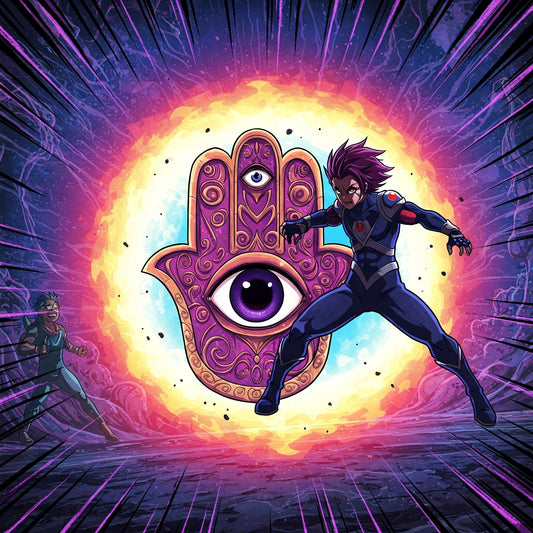"Soul Train" wasn't just a dance show; it was a cultural phenomenon, a vibrant explosion of Black joy, style, and music that reshaped the landscape of American television. For 35 years, from 1971 to 2006, the iconic program, created and hosted by the visionary Don Cornelius, provided a platform for Black artists and dancers, becoming a vital touchstone for generations.
Before "Soul Train," mainstream television largely ignored Black culture, or presented it in stereotypical and often demeaning ways. Cornelius, a Chicago news anchor with a keen understanding of the power of media, saw a gap and seized the opportunity. He envisioned a show that would celebrate Black music and dance, showcasing the talent and creativity that were largely invisible to white audiences.
The Soul Train Line: A Symbol of Unity and Expression
At the heart of "Soul Train" was the legendary Soul Train Line. This wasn't just a dance contest; it was a ritual, a celebration of individuality and community. Dancers, dressed in their finest, would strut, glide, and spin down the line, showcasing their unique styles and moves. The Soul Train Line became a symbol of Black excellence, a space where dancers could express themselves freely and unapologetically.
A Platform for Black Artists
"Soul Train" provided a crucial platform for Black artists, giving them exposure that they often couldn't find elsewhere.From legends like James Brown and Aretha Franklin to emerging stars like Whitney Houston and MC Hammer, the show featured a diverse range of musical genres, including soul, funk, R&B, and hip-hop.
Cornelius's commitment to showcasing Black talent extended beyond music. He featured Black-owned businesses in his "Soul Train Scramble Board" segment and provided opportunities for Black dancers, choreographers, and behind-the-scenes professionals.
Beyond the Dance Floor: Cultural Impact
The impact of "Soul Train" went far beyond entertainment. It played a significant role in shaping American culture, influencing fashion, dance, and language. The show introduced white audiences to Black styles and trends, breaking down cultural barriers and fostering a greater appreciation for Black creativity.
- Fashion: The vibrant and innovative fashion showcased on "Soul Train" influenced trends across the country. From platform shoes and Afros to sequined jumpsuits and tailored suits, the show was a fashion runway, setting the standard for style.
- Dance: The show introduced new dance moves and styles, from the Robot to the Pop and Lock, which quickly spread across the country and around the world.
- Language: "Soul Train" helped popularize slang and expressions that originated in Black communities, contributing to the evolution of American English.
Don Cornelius: The Architect of Soul
Don Cornelius, with his smooth voice and calm demeanor, was the architect of "Soul Train's" success. He was a visionary who understood the power of television to shape culture and empower communities. He was a businessman who fought for control of his show, ensuring its independence and integrity.
His commitment to Black excellence and his unwavering belief in the power of music and dance made "Soul Train" a cultural institution. While his personal life was complex, his legacy as a pioneer and a champion of Black culture remains undeniable.
A Lasting Legacy
"Soul Train" may have left the airwaves, but its legacy lives on. The show's influence can be seen in contemporary music videos, dance competitions, and fashion trends. It remains a powerful reminder of the importance of representation and the transformative power of Black culture. "Soul Train" was more than just a television show; it was a cultural revolution, a celebration of soul that continues to inspire and uplift generations.






